Dhaka, June 24(V7N) - Shahjahan Bhuiyan, known as the 'executioner,' passed away while undergoing treatment at Suhrawardy Hospital in Dhaka on Monday, according to Mohammad Ahad Ali, Officer-in-Charge of Sherebangla Nagar Police Station. Shahjahan's sister, Firoza Begum, stated that he had been living in Hemayetpur, near Dhaka, and was admitted to the hospital on Sunday night due to chest pain.
Shahjahan Bhuiyan played a notable role in Bangladesh's history, having executed 60 individuals, including six accused in the murder case of Bangabandhu Sheikh Mujibur Rahman. He also witnessed the final moments of war criminal Jamaat leader Abdul Quader Molla, BNP leader Salauddin Quader Chowdhury, and several other high-profile figures.
Born in 1950, Shahjahan served 32 years in prison, having been released from the Central Jail in Keraniganj on June 18 last year. His prison records indicate he served time for robbery and murder cases dating back to 1992 and 1995. His sentence was later reduced from 42 to 32 years, with additional reductions granted for his role as an executioner.
Shahjahan Bhuiyan was born on March 26, 1950, in Ichakhali village, Palash upazila of Narsingdi. He became involved in local politics after completing high school and later turned to robbery, earning the moniker 'robber.' He remained single and had served as the president of the Communist Party of Narsingdi district.
Shahjahan's criminal career escalated following a village judgment against him for a woman's murder, which spurred him into a life of crime. His most notable robbery occurred in 1979 in Madaripur district, after which he was eventually captured by police in Manikganj. He was convicted in two cases: one for murder during a robbery and another under the Arms Act.
In prison, Shahjahan began his career as an executioner by assisting in the hanging of Nurul Islam of Gafargaon. Over eight years, he rose to the position of chief executioner, recognized by prison authorities.
After his release, Shahjahan attempted to start a new life in Golambazar area, Keraniganj, Dhaka, where he opened a tea shop and married a young woman, Sathi Akhtar. However, their marriage lasted only 53 days before Sathi left, filing a dowry case against him. Shahjahan retaliated with a fraud case, alleging that Sathi and her mother had deceived him out of 10 lakh taka.
Shahjahan Bhuiyan's life, marked by crime, punishment, and a controversial role as an executioner, came to an end as he sought treatment for chest pain, leaving behind a legacy intertwined with Bangladesh's tumultuous history.



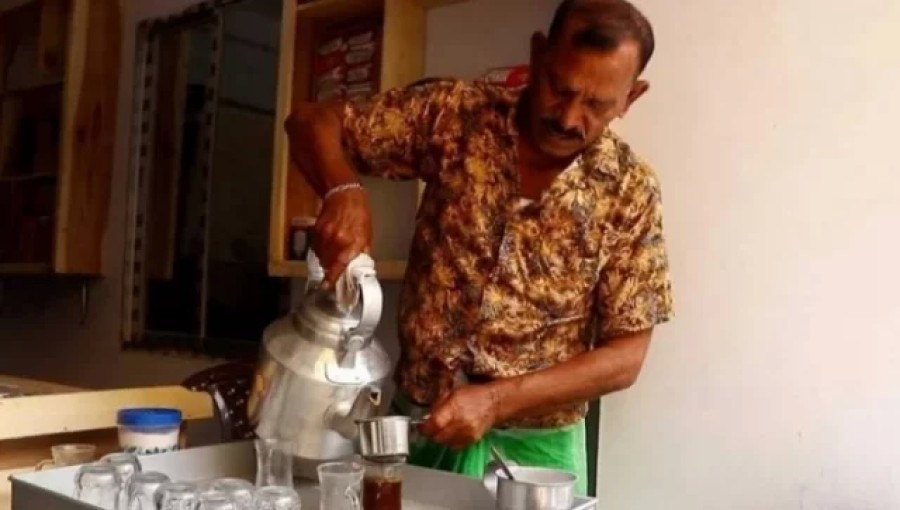
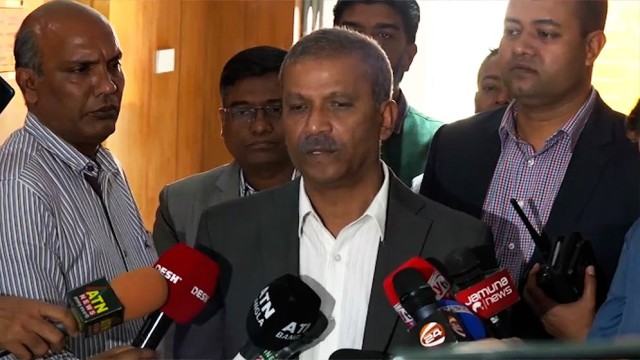
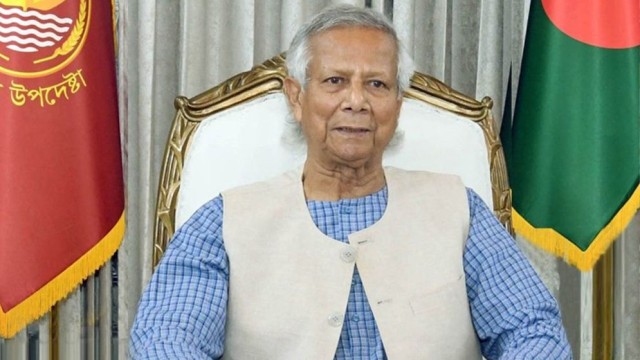
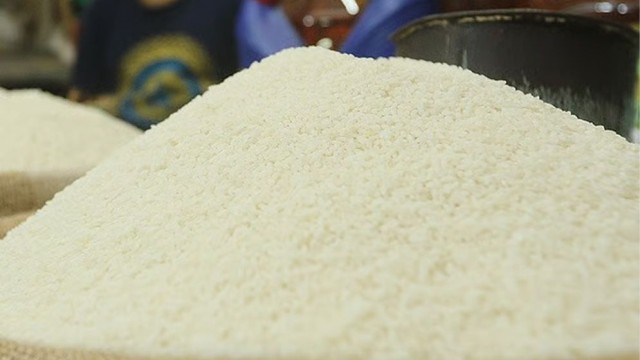
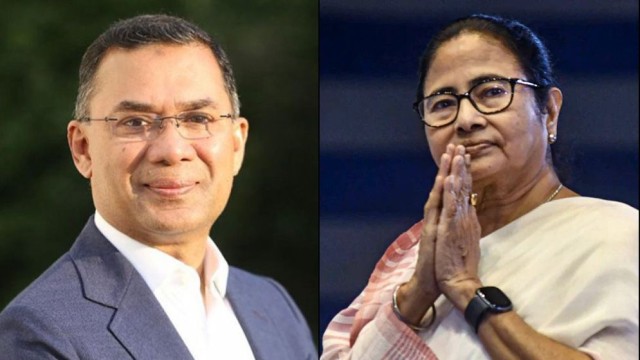
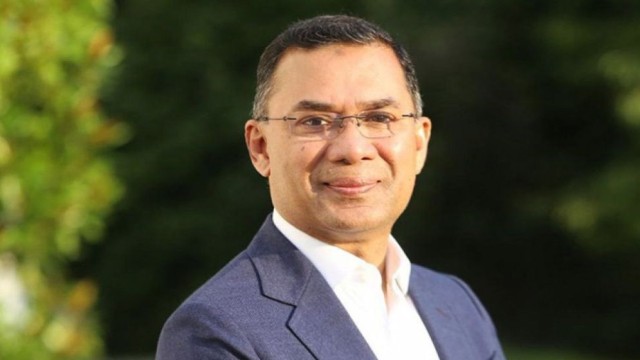

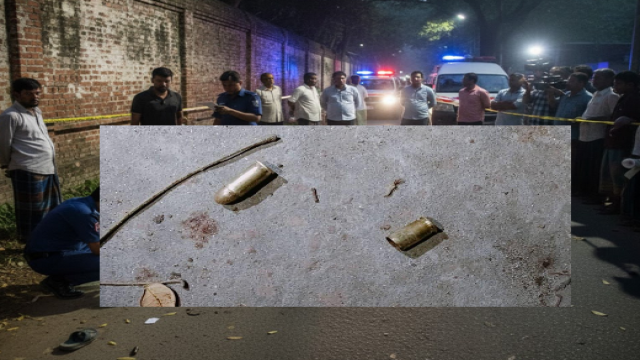
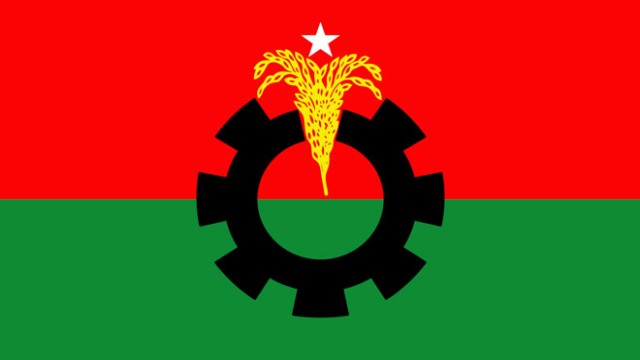
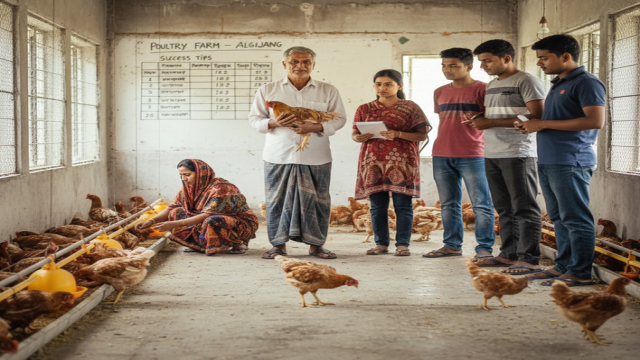



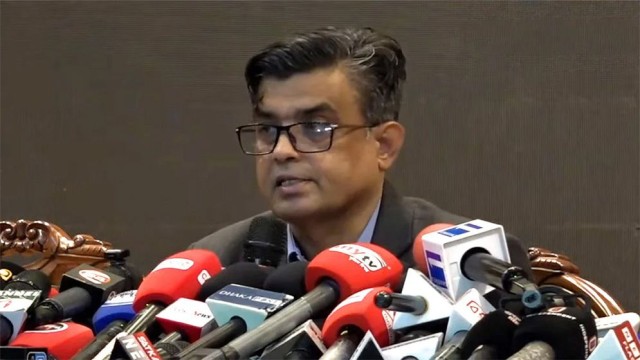
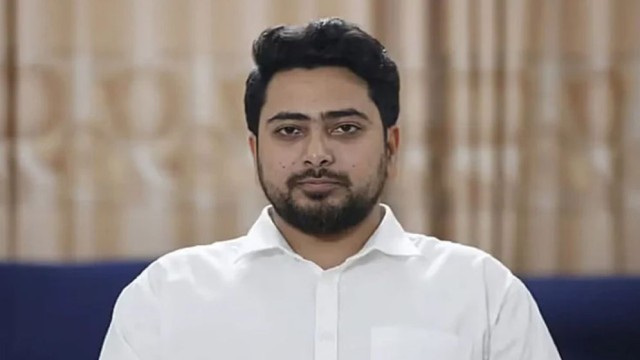

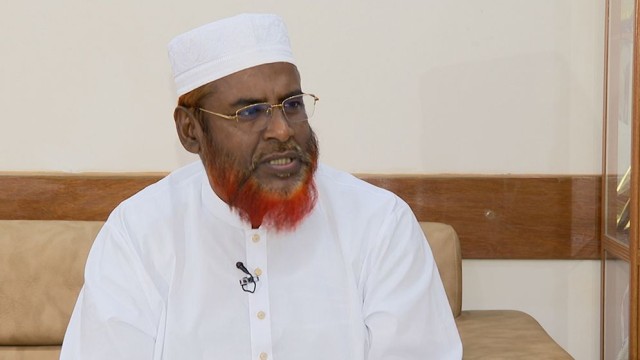









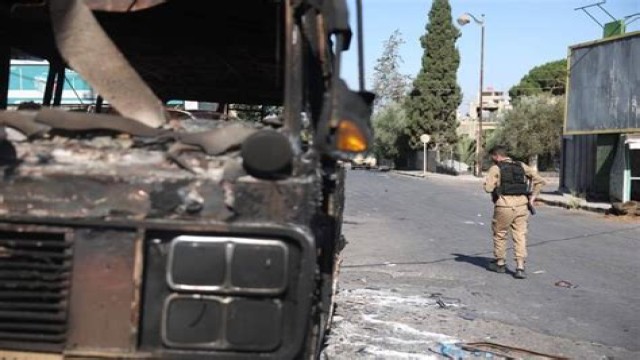
Comment: